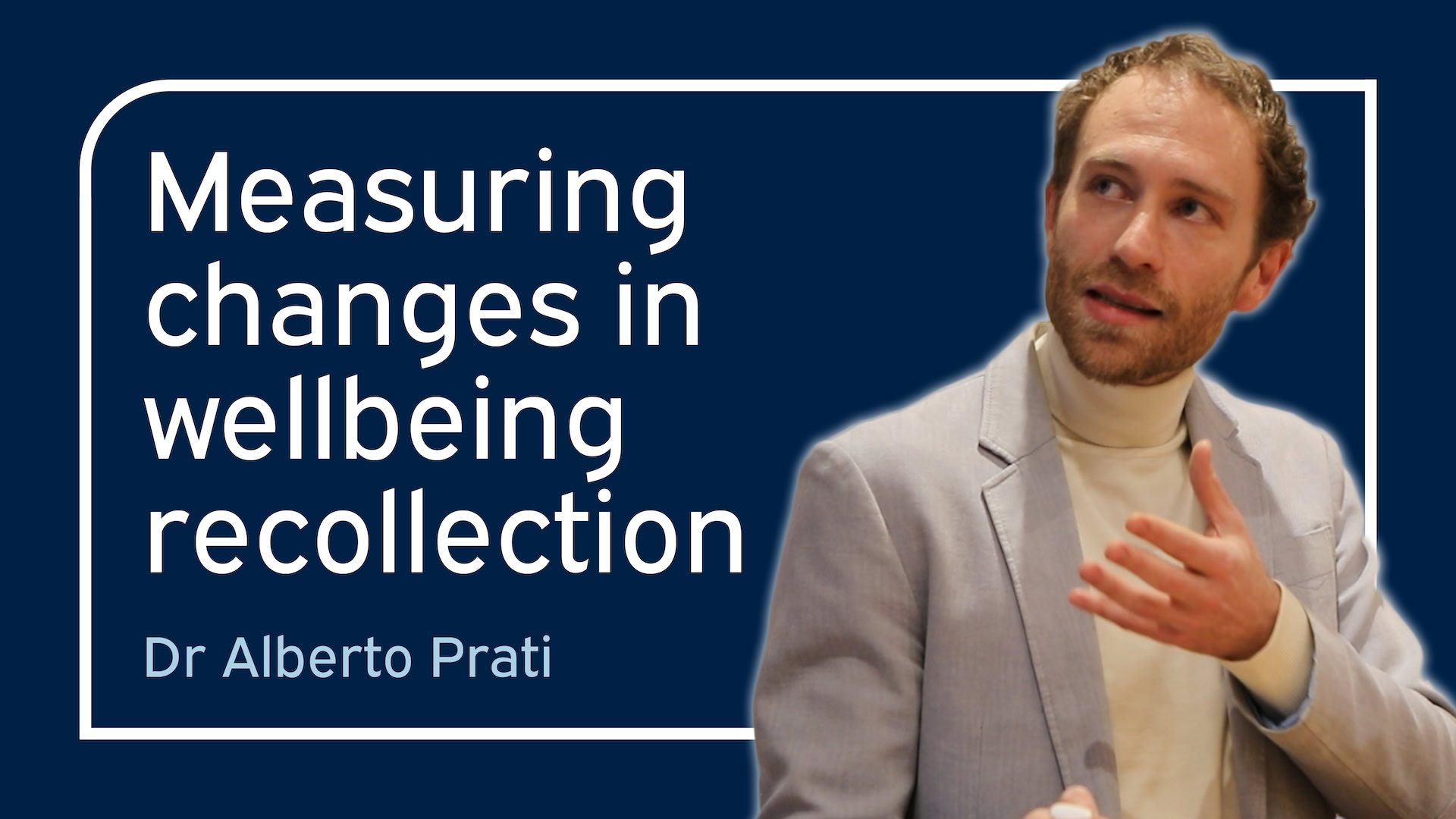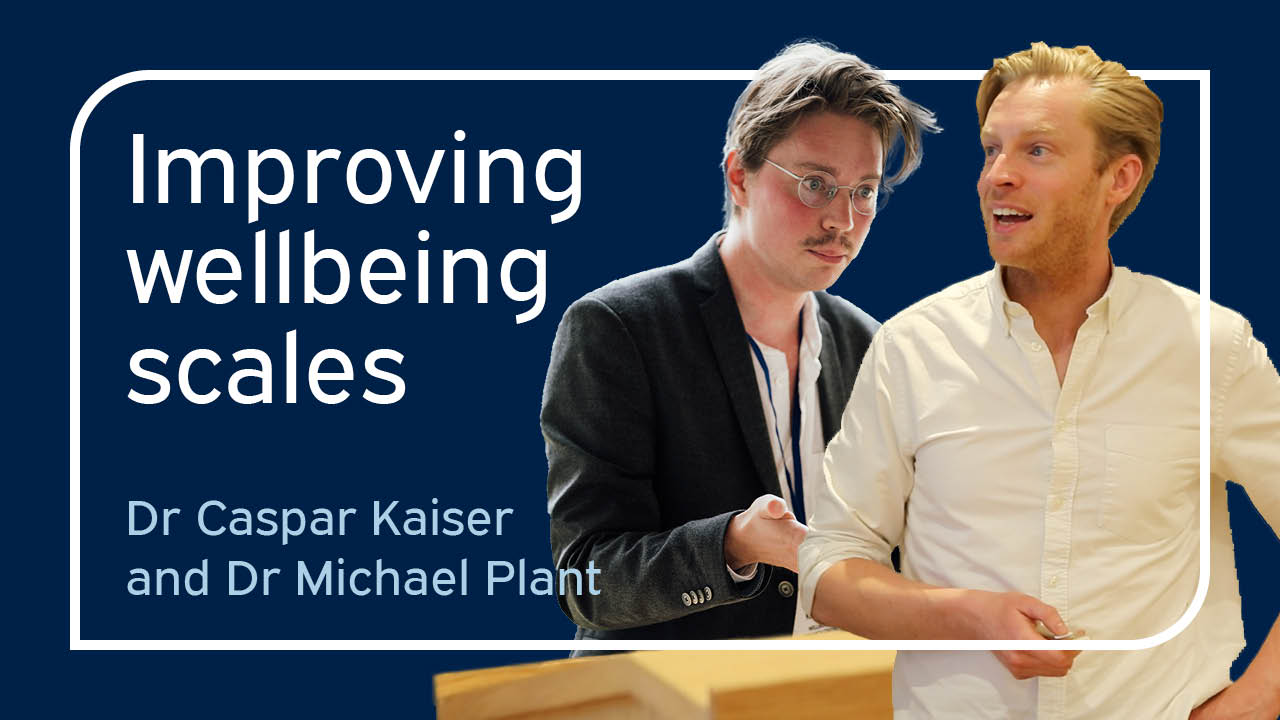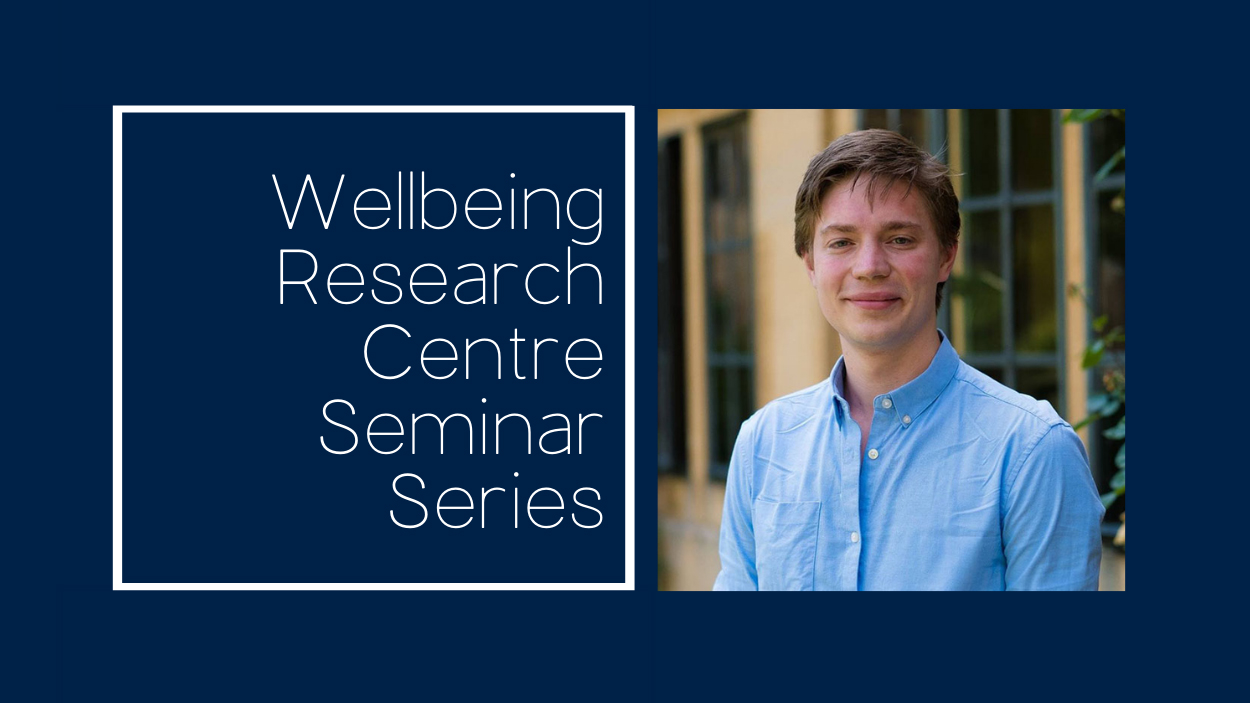- Relative to men, women’s wellbeing has been declining globally.
- Researchers reviewed two decades of global data, long-run trends since the 1970s, and existing analyses.
- Study further reveals vast differences in the size of this gender wellbeing gap between countries.
Women’s wellbeing relative to men has declined in the past two decades despite substantial social and economic progress, newly-published research shows.
Researchers from the Wellbeing Research Centre at the University of Oxford, Warwick Business School, and Leeds University Business School studied trends of wellbeing and health outcomes using global data for the period 2006 to 2023, and reviewed existing research on the so-called ‘gender wellbeing gap’.
The findings are published today (Wednesday) in a special women’s health edition of the journal Science Advances, and challenge long-held assumptions about women’s wellbeing on a global scale.
While women, on average, report higher levels of life satisfaction and overall happiness than men, women experience worse outcomes in both mental health and reports of negative ‘affect’, or negative emotions.
This trend, which has been described as a paradox, has widened over the same period – meaning women’s wellbeing, particularly in the affective domain, has dropped relative to men.
But while there is clear evidence of a relative decline in women’s wellbeing on a global scale, the findings show vast differences in the size of the gender wellbeing gap across different countries.
In addition to two decades of global data, the research team also looked at long-run trends in Europe and the USA since the 1970s, and reviewed existing literature in search of explanations for the relative decline in women’s wellbeing.
Their findings underscore the need for broader-reaching gender-sensitive policies in order to reduce and subsequently eliminate the observed gender wellbeing gaps, and further research into gender disparities between reported life satisfaction, and both positive and negative emotions.
“This seems puzzling and paradoxical.”
Dr Caspar Kaiser, Assistant Professor in the Behavioural Science Group at Warwick Business School, Research Fellow at the Wellbeing Research Centre, and co-lead author of the paper, said: “In my view, the most striking finding – both in the literature and in our own analyses – is that despite global improvements in women’s economic standing, gender gaps in wellbeing have not trended in the same direction. To the contrary: for several indicators, and on a global scale, women now fare worse relative to men than twenty years ago. This seems puzzling and paradoxical.”
Dr Naomi Muggleton, Assistant Professor in the Behavioural Science Group at Warwick Business School, and co-lead author of the paper, said: “Purely biological accounts would predict consistent patterns globally. But our findings suggest that cultural norms, societal expectations, and economic conditions play key roles in shaping the paradoxes we observe in women’s wellbeing. These factors vary widely across regions, influencing both the pressures women face and the resources available to them, which helps explain why the patterns differ so much between countries.”
“Understanding these factors is essential for designing effective, gender-responsive policies.”
Dr Edika Quispe-Torreblanca, Associate Professor of Behavioral Decision Making in the Centre for Decision Research at the University of Leeds Business School, and co-lead author of the paper, said: “Wellbeing is a complex concept, and men and women may prioritize different aspects when assessing their subjective wellbeing, making direct comparisons challenging. Our review highlights that, while some research has begun to explore these differences, much remains to be done.
“Recognising these distinctions is crucial for policymakers. For instance, if men and women differ in how they balance present and future wellbeing, policies should reflect this. Measures that address immediate concerns like childcare and healthcare may impact wellbeing differently than those focused on long-term stability, such as financial security and career growth.
“Likewise, if men and women experience wellbeing differently in relation to work, family, or community engagement, policies should take these differences into account when designing workplace flexibility, caregiving support, and community-based programs. Understanding these factors is essential for designing effective, gender-responsive policies.”
‘Two Paradoxes in Women’s Wellbeing’ is published in Science Advances.



